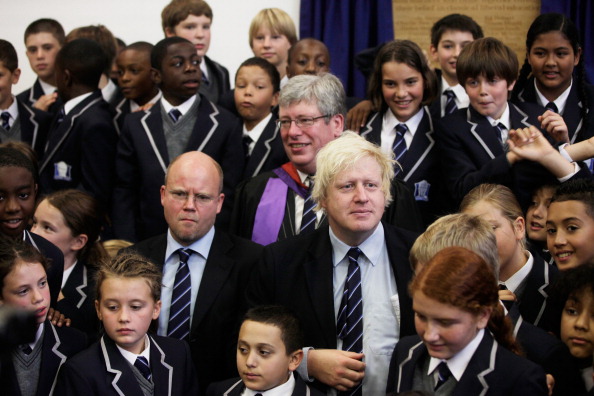Clearing out Carillion's cupboards

Those excellent researchers at the House of Commons Library have produced a briefing paper on the Carillion collapse. It is clear, succinct and well-researched. And extremely grim. The researchers seem to have gone back through the reports & accounts to about 2009. And they conclude that Carillion was a basket case not just in the last year of its life, but from about 2011 onwards. I've now done the same exercise, and I agree with them. Carillion's cupboards were virtually bare, and the little that was in them stank. This chart summarises the mess that Carillion got itself into: We need to be a little careful with this chart, of course, since it is comparing stocks and flows. But what it shows is that a large uplift in loans in 2010-12 generated absolutely no additional net cash revenue - in fact cash revenue actually fell between 2009 and 2016. For a company whose entire business model relies on increasing net cash flow, this is disastrous. The distressed upt...




